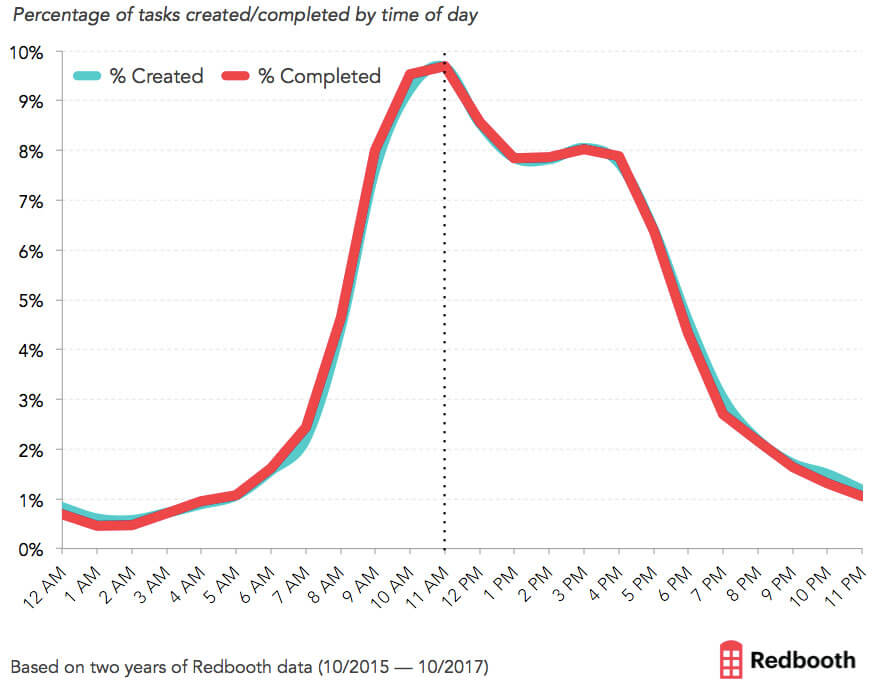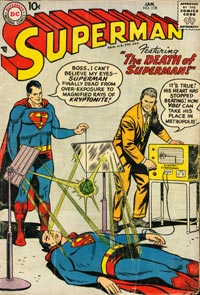More on the employee caregiver challenge
Quick shot for a counting down the days before a long holiday break Wednesday. Today's New York Times ran a piece on the growing elder care challenges in the US and the disproportionate impact that elder care demands are placing on female workers. You can read the piece titled 'How Care For Elders, Not Children, Denies Women a Paycheck', here.
Two things of note from the piece, and then one plug for a recent HR Happy Hour Show we did on this topic in case you missed it.
One, the numbers and population demographics in the US are making the elder care situation a much greater issue in the last 15 years or so. One researcher estimates that currently there are about 21 million family members in the US who are caring for an adult relative (and not being paid for this care). He estimates that by 2040 this number will increase to around 34 million. So again, the elder care challenge/crisis is only going to increase.
Two, the responsibility for providing elder care tends to fall predominantly on women. The American Time Use Survey indicates that about a quarter of women aged 45 - 64 are providing some level of elder care. Other research points to decreases in labor force participation for women in this age cohort, a reduction in earnings and hours, and an overall decline in economic health and prosperity for these care givers. Finally, factor in elder relatives living longer, (and needing more long term care), smaller families (lessening the ability to rely on siblings to assist with care), and increased divorce rates, (often making the care giving burden much harder), and you can see that the elder care challenge is complex and real.
It is important that HR/workplace leaders are aware of these issues as they will continue to impact an increasing percent of American workers. I must admit to having not given the elder care issue much thought until a couple of months ago, when we welcomed Adam Goldberg, CEO and Founder of Torchlight to the HR Happy Hour Show.
Torchlight is an outcomes focused, employee caregiver platform that helps reduce the costs and complexities of modern care giving for families and employers in the U.S.
On the show, Adam talked about the growing challenge of care giving in the US, the situation where employees have significant responsibilities outside of work with childcare, elder care, and other care giving situations that require, time, attention, resources, and are a major source of life and work stress for employees.
I usually don't like to re-post older podcast episodes on the blog here, but after reading the NYT piece this morning, and thinking more about the importance of the issue, I thought it right to try and raise some additional awareness of the challenge and how one innovative company is helping employers and employees.
You can listen to the podcast with Adam here, on the widget player below, or on Apple Podcasts or wherever you listen to your podcasts.
Have a great day!

 Steve
Steve



